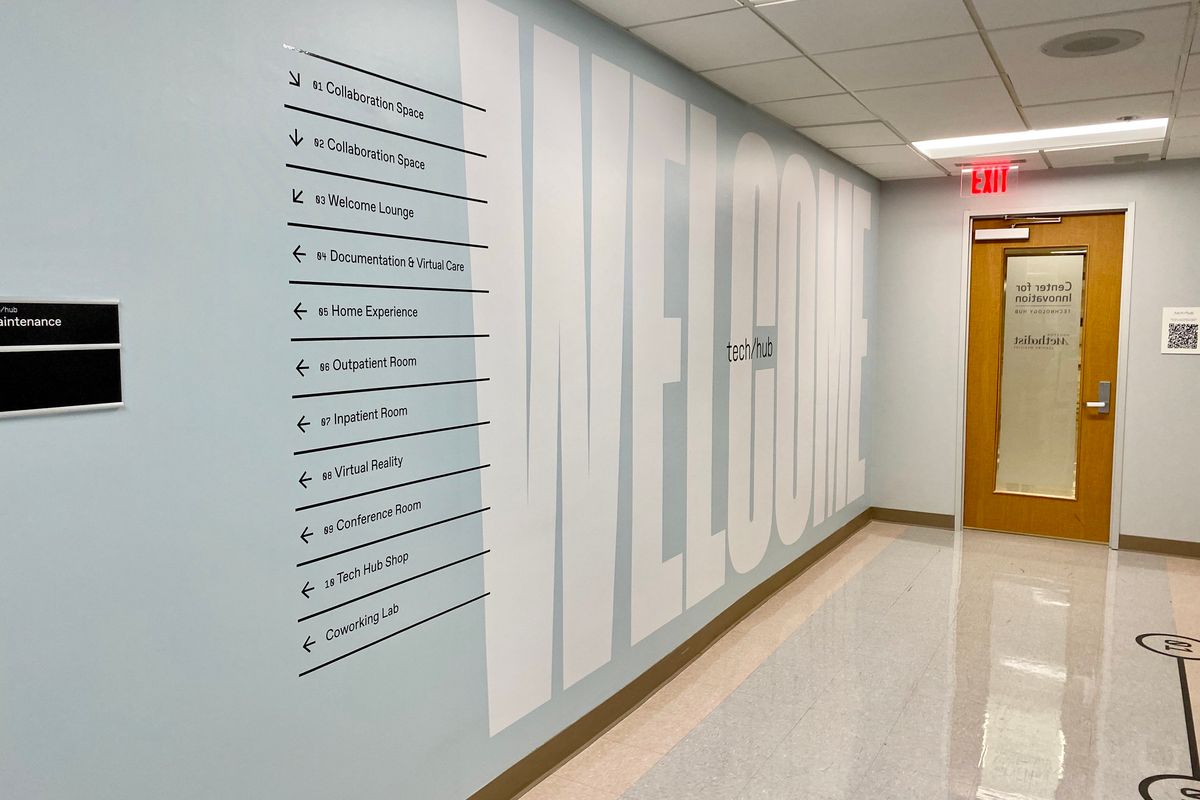Houston innovation hub adds Oxy, United, and Woodside as partners
onboarding
Houston’s Ion innovation hub has recruited three heavyweight corporate partners, the hub announced earlier this week.
The new partners are:
- Houston-based energy company Occidental (known as Oxy).
- United Airlines Ventures, the sustainability-focused VC arm of Chicago-based United Airlines. United operates a major hub in Houston.
- Australia-based Woodside Energy, which maintains an office in Houston.
Oxy, United Airlines Ventures, and Woodside will share their expertise in support of Ion’s mission to transform Houston into a global innovation ecosystem, according to an Ion news release. In addition, they will participate in Ion programming and network with Ion affiliates. Executives from all three of the new partners will serve on the Ion Leadership Advisory Roundtable.
“Welcoming our newest partners into Ion’s ecosystem is a further testament to our momentum in the aerospace and energy transition,” says Jan Odegard, who became executive director of the Ion in 2021 after a year of holding the interim position. “Each organization brings their own culture of innovation that aligns with what we are doing at the Ion.”
Michael Leskinen, president of United Airlines Ventures, says the VC firm believes “the Ion will be the epicenter for Houston’s rapidly growing innovation community — a one-stop shop to share ideas, foster startups, and to develop relationships with Houston’s brightest companies and academia.”
Oxy, United Airlines Ventures, and Woodside join Ion corporate partners such as:
- Aramco Americas
- Baker Botts
- BP
- Chevron
- ExxonMobil
- Global Custom Commerce
- Intel
- Microsoft
- Transocean
The Ion announced the new corporate partners in advance of the second annual Ion Activation Festival, set for May 17-19. The Ion and Rice Management Co. host the festival, which shines a spotlight on entrepreneurship and innovation in Houston.
Activities will take place primarily at the Ion’s 16-acre campus. To register for the festival, visit the Ion’s website.
The inaugural festival, held in 2022, drew more than 2,500 attendees.

 The space will be modeled after Houston Methodist’s Center for Innovation Technology Hub, which opened in 2020. Natalie Harms/InnovationMap
The space will be modeled after Houston Methodist’s Center for Innovation Technology Hub, which opened in 2020. Natalie Harms/InnovationMap
 Common Desk's coworking space has several options for leasing. Photos courtesy of Common Desk
Common Desk's coworking space has several options for leasing. Photos courtesy of Common Desk
 Apple doubles down on Houston with new production facility, training centerPhoto courtesy Apple.
Apple doubles down on Houston with new production facility, training centerPhoto courtesy Apple.





